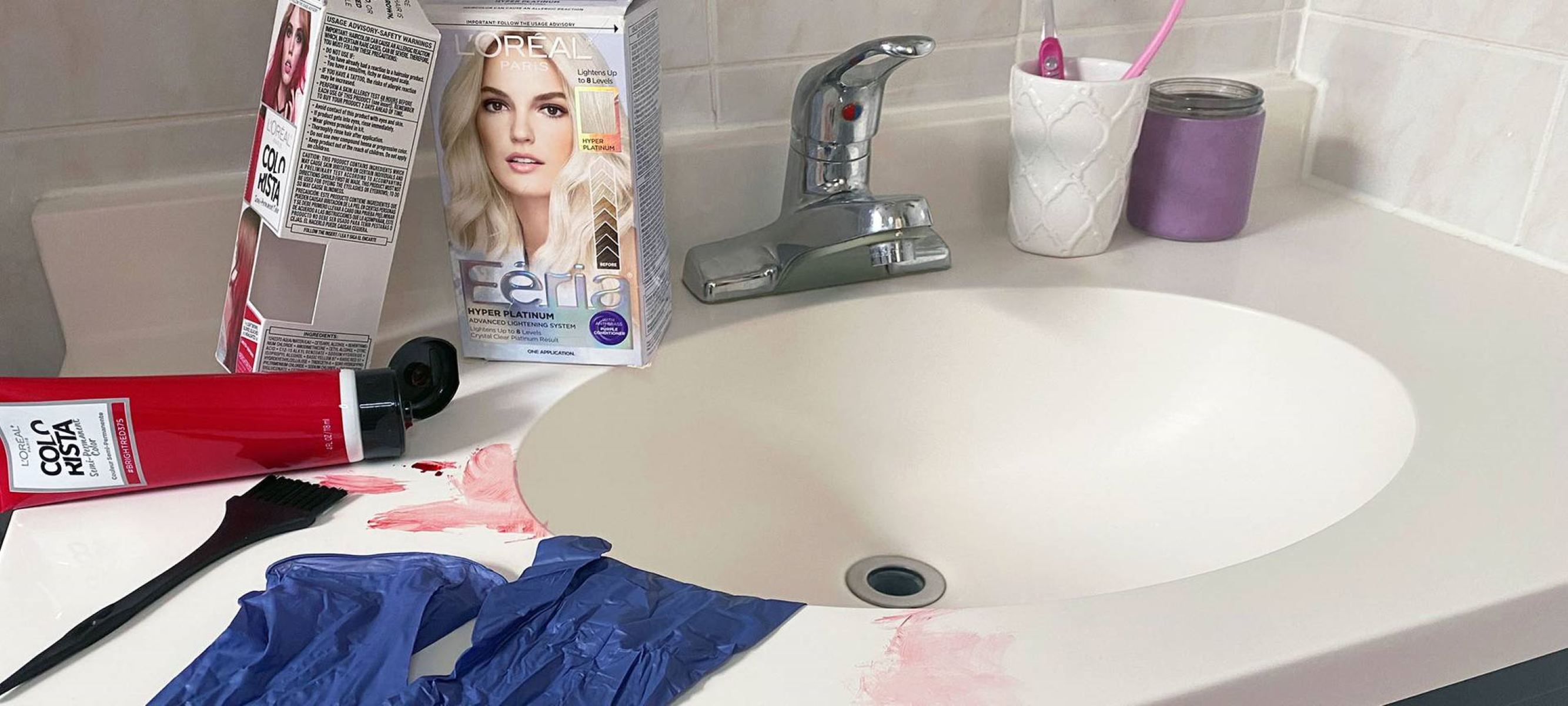

Articles
What Removes Hair Dye From Countertops
Modified: January 18, 2024
Looking for articles on how to remove hair dye stains from countertops? Find effective tips and tricks in our comprehensive guide.
(Many of the links in this article redirect to a specific reviewed product. Your purchase of these products through affiliate links helps to generate commission for Storables.com, at no extra cost. Learn more)
Introduction
Accidents happen, especially when it comes to hair dye. Whether you’re a DIY enthusiast or a professional hair stylist, there’s always a chance that some of that vibrant hair dye might end up on your countertops. And let’s be honest, those stains can be quite stubborn to remove.
But fear not! With the right knowledge and tools, you can effectively get rid of hair dye stains from your countertops. This article will guide you through the process, providing you with practical tips and techniques to make your countertops stain-free again.
Before we dive into the methods for removing hair dye stains, it’s essential to understand why these stains can be so challenging. Hair dye contains powerful and vibrant pigments that are designed to stick to your hair and create long-lasting color. Unfortunately, these same pigments can adhere to various surfaces, including countertops, leaving behind unsightly stains.
It’s important to note that hair dye stains on countertops are more visible on lighter or porous surfaces. Countertops made of materials like marble, granite, or laminate can be particularly prone to absorbing hair dye. Therefore, it’s crucial to act quickly and take appropriate measures to remove the stains.
Many people make the mistake of scrubbing the stain vigorously with harsh chemicals or abrasive cleaners. However, this can damage the surface of the countertop or further embed the dye into the material, making it even more challenging to remove. Patience and the right approach are key to effectively removing hair dye stains without causing any damage.
In the following sections, we will explore various methods and techniques to remove hair dye stains from countertops. We will discuss household items that you can use, as well as commercial products and natural remedies. Alongside these methods, we will also provide some prevention tips to ensure that you can minimize the chances of future stains.
So, let’s roll up our sleeves and get ready to tackle those stubborn hair dye stains on your countertops. With the right tools and techniques, you can restore the beauty and cleanliness of your kitchen or bathroom surfaces.
Key Takeaways:
- Say goodbye to hair dye stains on countertops with gentle household items like vinegar and baking soda, or opt for commercial products designed for stain removal. Prevention is key, so use protective barriers and clean up spills immediately to keep your countertops looking pristine.
- Understanding the nature of hair dye stains and the characteristics of your countertop material is crucial for effective stain removal. Avoid common mistakes like using harsh chemicals and be patient when tackling stubborn stains. With the right knowledge and techniques, you can confidently restore the beauty of your countertops.
Read more: How To Remove Dye From Granite Countertops
Understanding Hair Dye Stains on Countertops
Hair dye stains on countertops can be quite frustrating and unsightly. Understanding the nature of these stains can help you tackle them more effectively.
One of the main reasons why hair dye stains are challenging to remove is because they contain strong pigments that are designed to penetrate and cling to the hair follicles. When these pigments come into contact with countertops, they can leave behind noticeable stains.
The ability of hair dye to stain countertops is influenced by various factors, including the type of countertop material and the intensity of the dye’s pigments. Lighter countertops, such as those made of marble or laminate, are more prone to showing hair dye stains, while darker surfaces may be more forgiving and mask the stains to some extent.
Certain countertop materials, such as granite or quartz, have a non-porous surface, making it easier to clean and remove hair dye stains. On the other hand, porous materials like marble or laminate can absorb the dye, making it more challenging to eliminate the stain entirely.
It’s important to act quickly when dealing with hair dye stains. The longer the dye sits on the countertop, the more it can penetrate the surface, making it harder to remove. As soon as you notice a hair dye stain, take immediate action to prevent it from setting in.
It’s worth noting that older or faded hair dye stains may require more extensive cleaning efforts compared to fresher stains. In such cases, patience and persistence will be necessary to fully eliminate the stain.
Using the right approach and techniques will greatly enhance your chances of successfully removing hair dye stains from countertops. In the next sections, we will explore different methods and remedies that you can use to tackle these stains effectively.
Remember, prevention is always better than cure. By taking precautions and following some preventive tips, you can minimize the chances of hair dye stains and keep your countertops looking pristine. But if stains do occur, don’t worry – we’ve got you covered with tried and tested methods to restore your countertops to their former glory.
Common Mistakes to Avoid
When it comes to removing hair dye stains from countertops, it’s easy to make some common mistakes that can make the situation worse. To help you in your stain removal journey, here are some common pitfalls to avoid:
- Using harsh chemicals or abrasive cleaners: While it may be tempting to grab the strongest cleaner you have in your arsenal, using harsh chemicals or abrasive cleaners can damage the surface of your countertops. Avoid using bleach, ammonia, or any cleaners with acidic ingredients, as they can cause discoloration or etching on certain countertop materials. Instead, opt for gentler cleansers specifically designed for your countertop material.
- Scrubbing vigorously: Scrubbing vigorously may seem like a logical approach to removing hair dye stains, but it can actually push the dye deeper into the pores of the countertop material. Instead, use gentle, circular motions when cleaning the stain. Patience is key, as it may take multiple attempts to completely remove the stain.
- Ignoring the manufacturer’s instructions: Different countertop materials have specific care instructions provided by the manufacturer. Ignoring these instructions can lead to damage or discoloration. Make sure to read and follow the guidelines provided for your specific countertop material.
- Not testing a cleaning method first: Before applying any cleaning solution or remedy to the entire stain, it’s essential to test it on a small, inconspicuous area of the countertop. This will help you determine if the cleaner or remedy is safe to use and won’t cause any unwanted effects.
- Leaving the stain to set in: The longer you wait to address a hair dye stain, the more difficult it can be to remove. Act quickly when you notice a stain and start the cleaning process immediately. Waiting too long could result in a more stubborn and deeply embedded stain.
- Using excessive heat: Applying heat directly to the stain may seem like a solution, but it can cause damage to some countertop materials. Heat may cause discoloration or even warp the surface. Stick to gentle cleaning methods and avoid using excessive heat.
By avoiding these common mistakes, you can protect your countertops from further damage and increase your chances of successfully removing hair dye stains. Remember, taking a careful and thoughtful approach will yield better results in the long run.
Household Items for Removing Hair Dye Stains
When it comes to removing hair dye stains from countertops, you don’t always need to rely on expensive commercial products. There are several household items that can be effective in tackling those stubborn stains. Here are some common household items you can use:
- Vinegar: Vinegar is a versatile and effective cleaner that can help remove hair dye stains. Mix equal parts white vinegar and water and apply it to the stain. Let it sit for a few minutes before gently scrubbing the stain with a soft cloth or sponge. Rinse with water and repeat if necessary.
- Baking soda: Baking soda is another household staple that can help lift hair dye stains. Create a paste by mixing baking soda with a small amount of water. Apply the paste to the stain and gently scrub with a cloth or sponge. Rinse thoroughly with water.
- Isopropyl alcohol: Isopropyl alcohol can be effective in breaking down hair dye stains. Dampen a cloth or sponge with isopropyl alcohol and gently rub the stained area. Be sure to test it on a small, inconspicuous area first to ensure it doesn’t cause any damage or discoloration.
- Lemon juice: The acidic properties of lemon juice can also help remove hair dye stains. Squeeze fresh lemon juice onto the stain and let it sit for a few minutes. Gently scrub the stain with a cloth or sponge and rinse with water.
- Hydrogen peroxide: Hydrogen peroxide can be an effective stain remover for certain countertop materials. Dampen a cloth with hydrogen peroxide and gently dab it onto the stain. Let it sit for a few minutes before rinsing with water.
- Dish soap: Ordinary dish soap can be surprisingly effective in removing hair dye stains. Apply a small amount of dish soap to the stain and gently scrub with a cloth or sponge. Rinse thoroughly with water.
Remember to always test these household items on a small, inconspicuous area of your countertop before applying them to the entire stain. Additionally, it’s important to gently scrub the stain with these household items, as excessive force can damage the countertop material.
By utilizing these household items, you can effectively break down and remove hair dye stains from your countertops. However, if the stains are particularly stubborn or if you have concerns about using household items, consider using commercial products specifically designed for hair dye stain removal or consult a professional for assistance.
A mixture of baking soda and water can be used to gently scrub away hair dye stains from countertops. Apply the paste to the stained area, let it sit for a few minutes, then scrub with a soft cloth or sponge.
Commercial Products for Hair Dye Stain Removal
If household items don’t yield the desired results or if you prefer to use products specifically formulated for stain removal, there are various commercial options available. These products are designed to effectively tackle hair dye stains on countertops. Here are some popular commercial products you can consider:
- All-purpose cleaners: Many all-purpose cleaners have stain-fighting properties that can help remove hair dye stains. Look for cleaners that are safe for your specific countertop material and follow the instructions provided.
- Stain removers: There are several stain removers available on the market that are specifically formulated for removing hair dye stains. These products are designed to break down the dye and make it easier to clean. Follow the instructions on the product label for best results.
- Countertop polish: Some countertop polishes have stain removal properties. These products can help rejuvenate the countertop surface while also tackling hair dye stains. Keep in mind that countertop polishes may not work as effectively on porous surfaces.
- Oxygen bleach: Oxygen bleach, such as hydrogen peroxide-based cleaners, can be effective in removing hair dye stains. Follow the product instructions and test it on a small, inconspicuous area before applying it to the entire stain.
- Specialized hair dye stain removers: Some companies offer specialized products specifically designed for removing hair dye stains from different surfaces, including countertops. These products often contain powerful stain-fighting ingredients that can tackle even the most stubborn stains.
- Manufacturers’ recommended cleaners: Check with the manufacturer of your countertop material for recommended cleaning products and stain removers. Following their recommendations ensures that you’re using products that are safe for your specific countertop and won’t cause any damage.
When using commercial products, always follow the instructions provided and take necessary safety precautions, such as wearing gloves and providing proper ventilation. Additionally, it’s essential to test the product on a small, inconspicuous area of your countertop to ensure compatibility and to prevent any unwanted effects.
Commercial products can be a convenient and efficient way to remove hair dye stains from your countertops. However, if you have concerns about using certain products or if the stains are particularly stubborn, it’s always advisable to seek professional assistance or advice.
Read more: How To Remove Hair Dye From Cabinet
Natural Remedies for Hair Dye Stains
If you prefer to go the natural route or if you want to utilize ingredients that you may already have in your kitchen, there are several natural remedies that can help remove hair dye stains from your countertops. These remedies are often gentle yet effective. Here are some natural options to consider:
- White vinegar: Vinegar is a versatile natural cleaner that can help break down hair dye stains. Mix equal parts white vinegar and water and apply it to the stain. Let it sit for a few minutes before gently scrubbing with a soft cloth or sponge. Rinse with water and repeat if needed.
- Baking soda paste: Create a paste by mixing baking soda with a small amount of water. Apply the paste to the stain and gently scrub it with a cloth or sponge. Rinse thoroughly with water. Baking soda’s mild abrasive properties can help lift the dye stains.
- Lemon juice: The acidic properties of lemon juice can help fade hair dye stains. Squeeze fresh lemon juice onto the stain and let it sit for a few minutes. Gently scrub the stain with a cloth or sponge and rinse with water.
- Hydrogen peroxide: Hydrogen peroxide can be an effective natural stain remover. Dampen a cloth with hydrogen peroxide and gently dab it onto the stain. Let it sit for a few minutes before rinsing with water. However, be cautious with the use of hydrogen peroxide on certain countertop materials, as it can cause discoloration.
- Salt: Salt can help absorb dye from the countertop surface. Sprinkle a generous amount of salt onto the stain and let it sit for a few minutes. Gently scrub the stain with a cloth or sponge, then rinse with water.
- Dish soap: Ordinary dish soap can be surprisingly effective in removing hair dye stains naturally. Apply a small amount of dish soap to the stain and gently scrub with a cloth or sponge. Rinse thoroughly with water.
Remember to test these natural remedies on a small, inconspicuous area of your countertop before applying them to the entire stain. Additionally, be patient and persistent when using natural remedies, as it may take multiple attempts to completely remove the stain.
Natural remedies can be a safe and eco-friendly way to remove hair dye stains from your countertops. However, it’s important to note that certain countertop materials may be more sensitive to these remedies, so exercise caution and adjust the strength or duration of the treatment as needed. If you have concerns or if the stains are particularly stubborn, consult a professional for advice.
Prevention Tips
Preventing hair dye stains on countertops is always preferable to dealing with the task of removing them. By following these simple prevention tips, you can minimize the chances of staining your countertops and keep them looking clean and pristine:
- Use protective barriers: Before starting any hair dye application, create a barrier between your countertops and the dye by covering them with plastic wrap, towels, or old sheets. This will prevent any accidental spills or drips from coming into direct contact with the surface.
- Wear protective gloves and clothing: When applying hair dye, always wear disposable gloves and protective clothing to prevent accidental staining of your countertops. Wearing an old T-shirt or an apron can help protect your clothing from dye splatters.
- Work in a well-ventilated area: Choose a well-ventilated space for your hair dye application to minimize the chances of spills or splatters spreading to your countertops. Adequate ventilation will also help reduce the strong odor associated with some hair dyes.
- Cleanup spills immediately: Accidents happen, and if you do happen to spill any hair dye on your countertops, clean it up immediately. The longer the dye sits, the more difficult it will be to remove. Act quickly by wiping up the spill with a damp cloth or sponge.
- Protect your countertops with sealants: If your countertops are made of porous materials like marble or granite, consider applying a sealant to create a protective barrier. This will make it easier to wipe off any spills or stains before they have a chance to penetrate the surface.
- Use countertop-safe cleaning products: When cleaning your countertops, choose gentle and non-abrasive cleaners that are specifically formulated for your countertop material. Avoid harsh chemicals or abrasive cleaners that can cause damage or discoloration.
By implementing these prevention tips, you can significantly reduce the risk of hair dye stains on your countertops. Remember, taking proactive measures and being mindful during the hair dye application process can save you the hassle of dealing with stubborn stains later on.
However, if hair dye stains do occur despite your best efforts, don’t panic. With the appropriate methods and techniques, you can effectively remove those pesky stains and restore the beauty of your countertops.
Conclusion
Dealing with hair dye stains on countertops can be frustrating, but with the right approach, you can successfully remove them and restore the clean and beautiful look of your surfaces. Whether you choose to use household items, commercial products, or natural remedies, it’s important to approach the stain removal process with patience and caution.
Understanding the nature of hair dye stains and the characteristics of your countertop material is crucial for effective stain removal. Avoiding common mistakes, such as using harsh chemicals or abrasive cleaners, will help protect your countertops from damage.
Household items like vinegar, baking soda, and lemon juice can be effective in removing hair dye stains. Additionally, there are various commercial products available specifically designed for hair dye stain removal. Natural remedies, such as hydrogen peroxide and dish soap, can also be successful alternatives.
Prevention is always the best approach, so take precautions to avoid hair dye stains in the first place. Use protective barriers, wear gloves and protective clothing, and work in a well-ventilated area. Promptly clean up spills and consider applying sealants to your countertops to create a protective barrier.
Remember, every countertop material is unique, and what works on one surface may not work on another. Always test cleaning methods and products on a small area before applying them to the entire stain. If you have any doubts or concerns, seek professional advice.
In conclusion, with the right knowledge and techniques, you can effectively remove hair dye stains from your countertops. By being proactive and taking preventive measures, you can minimize the chances of stains occurring in the first place. Regular cleaning and maintenance will help keep your countertops looking their best for years to come.
So, don’t let those hair dye stains mar the beauty of your countertops. Armed with the information and tools from this article, you can confidently tackle those stains and enjoy the clean, vibrant surfaces in your home.
Frequently Asked Questions about What Removes Hair Dye From Countertops
Was this page helpful?
At Storables.com, we guarantee accurate and reliable information. Our content, validated by Expert Board Contributors, is crafted following stringent Editorial Policies. We're committed to providing you with well-researched, expert-backed insights for all your informational needs.
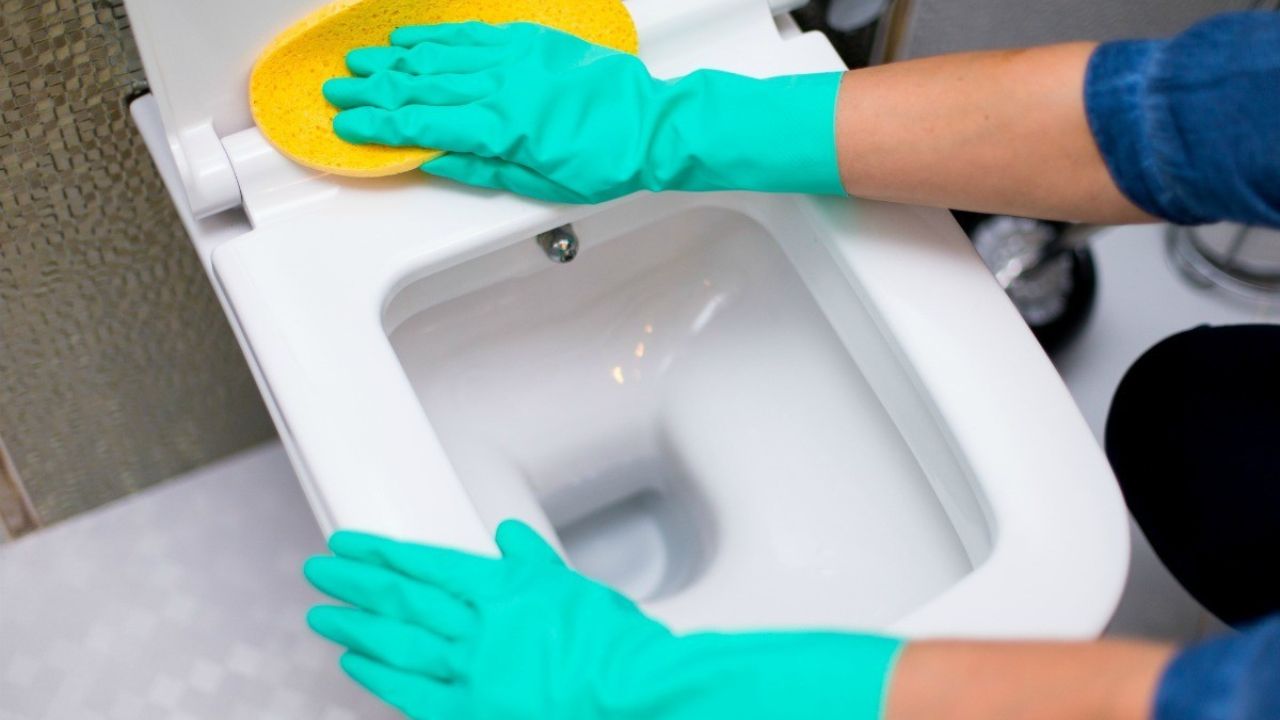
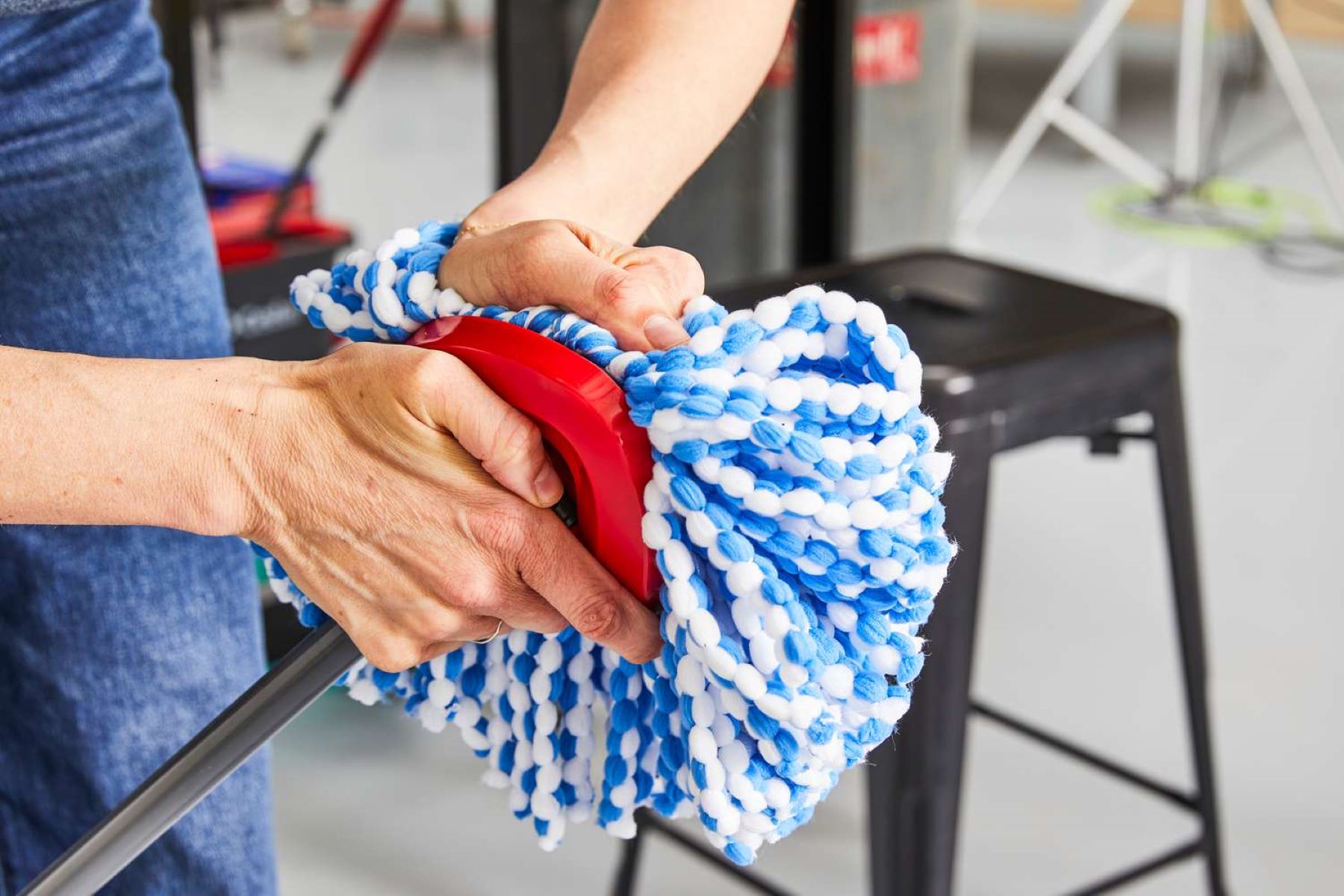
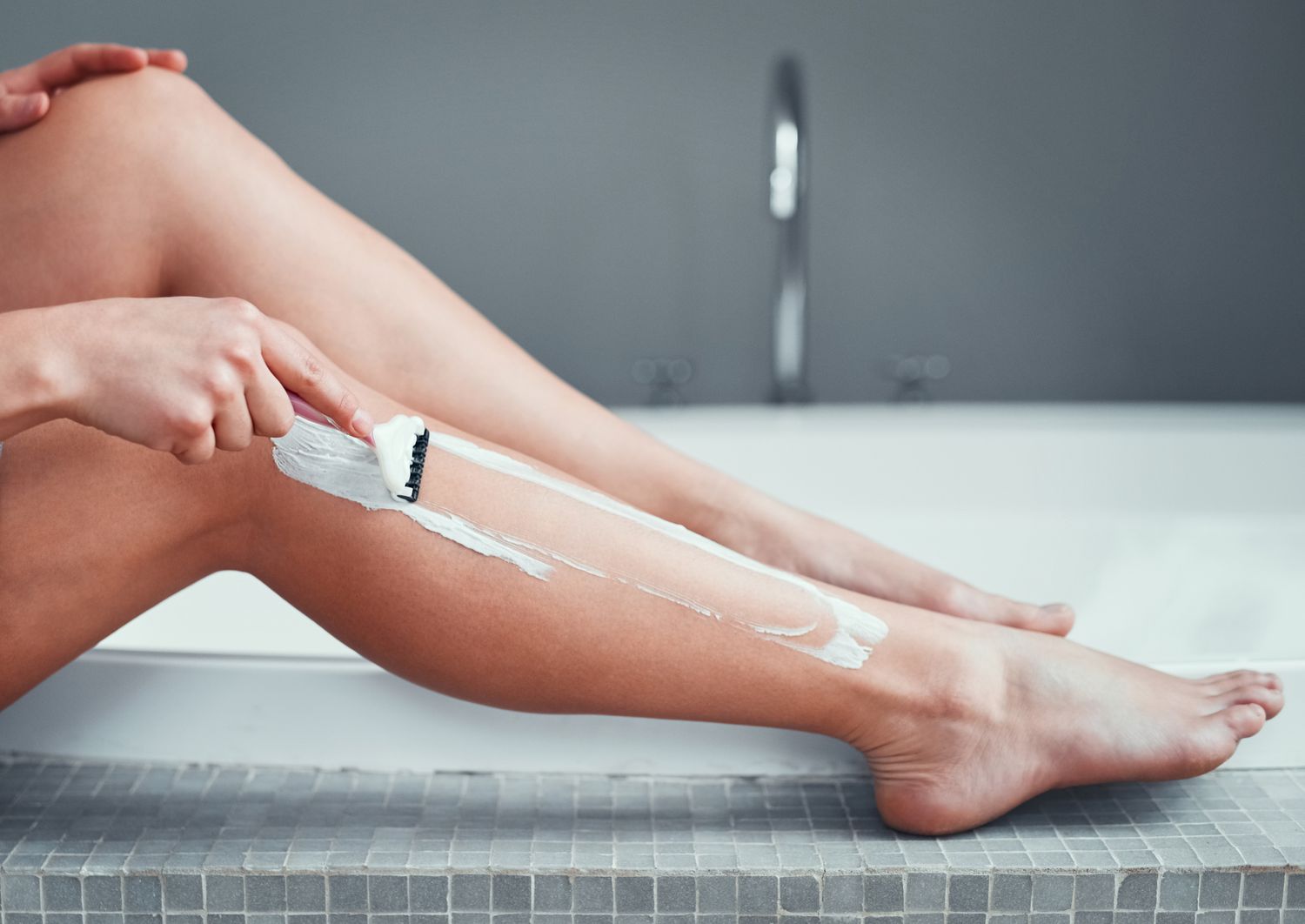
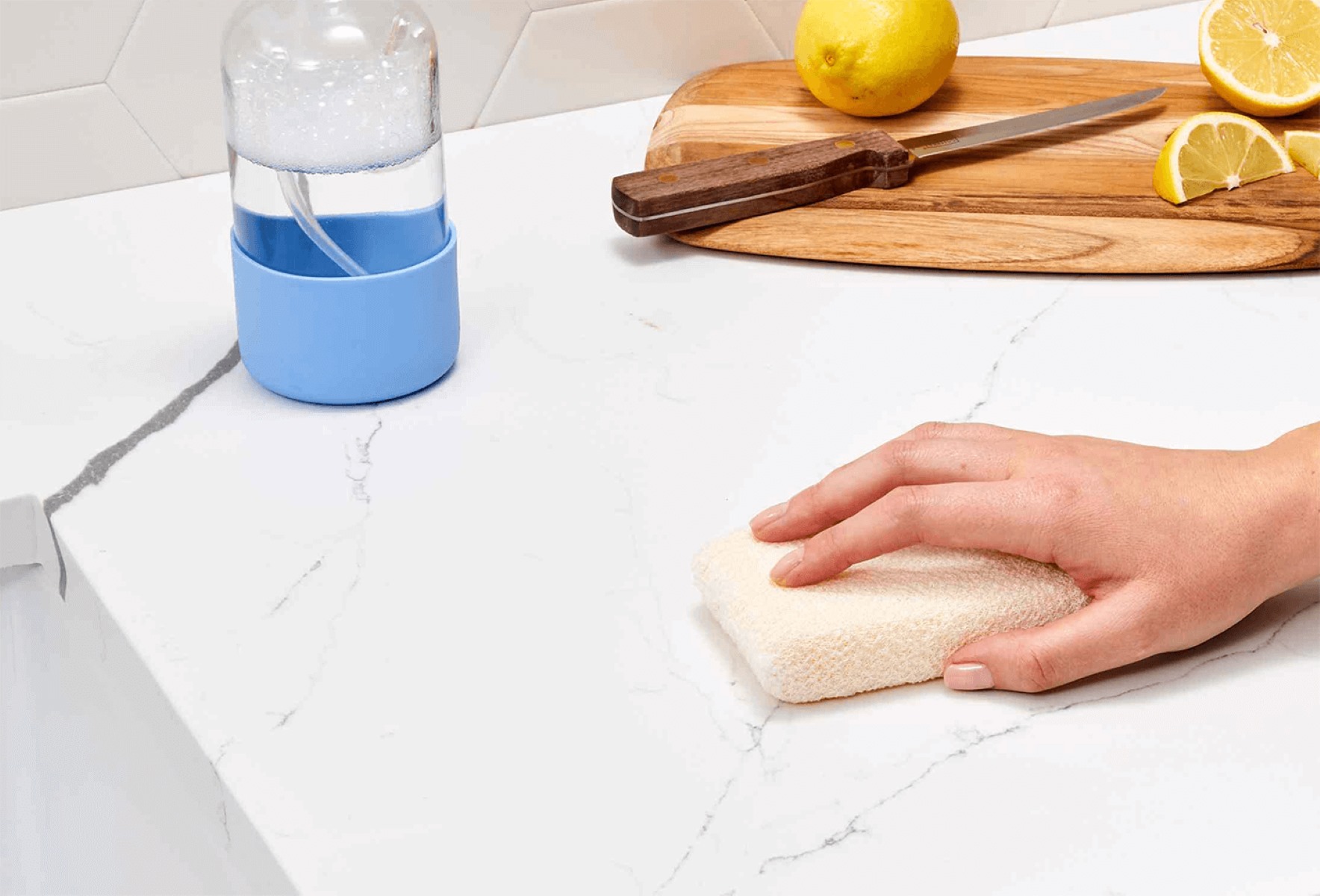
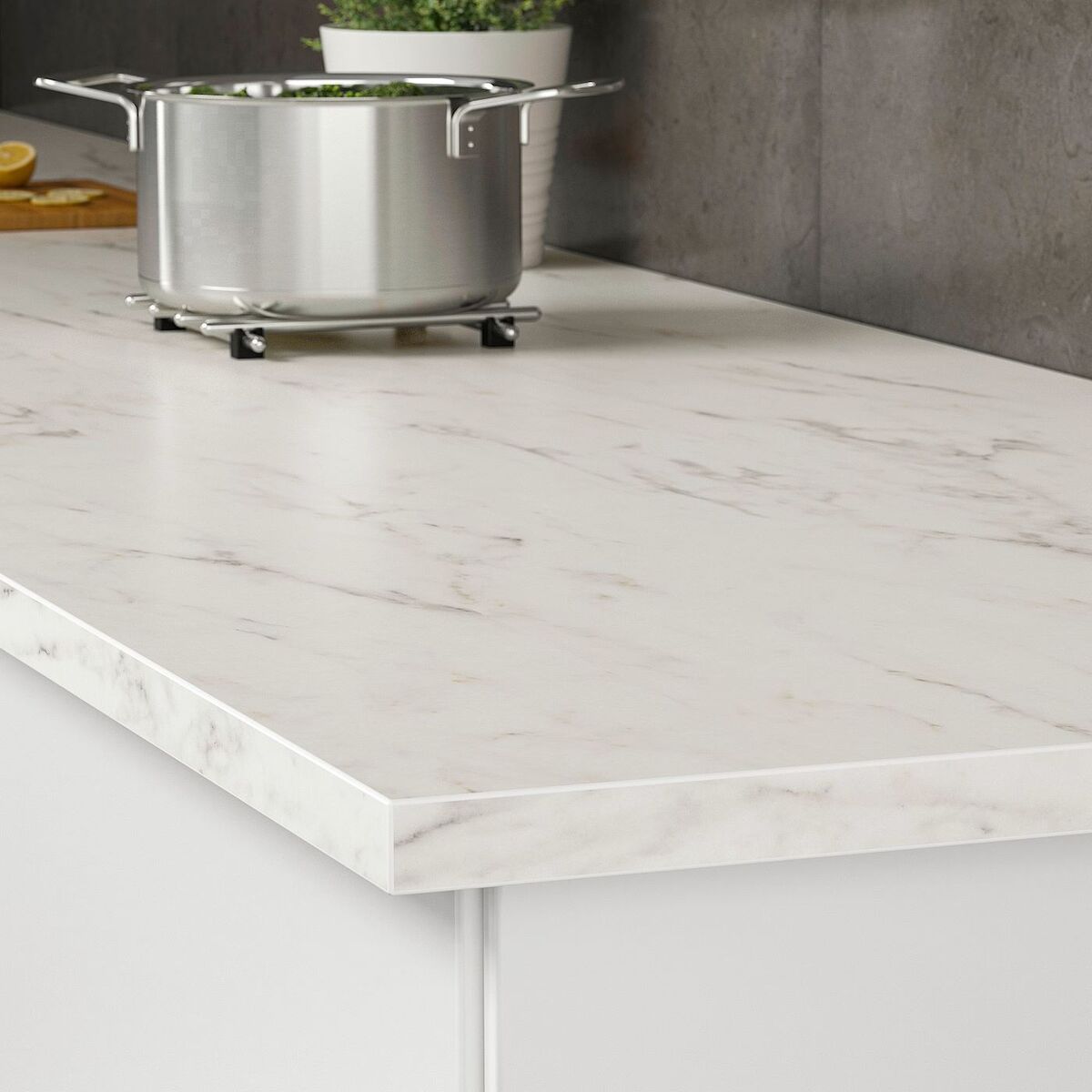

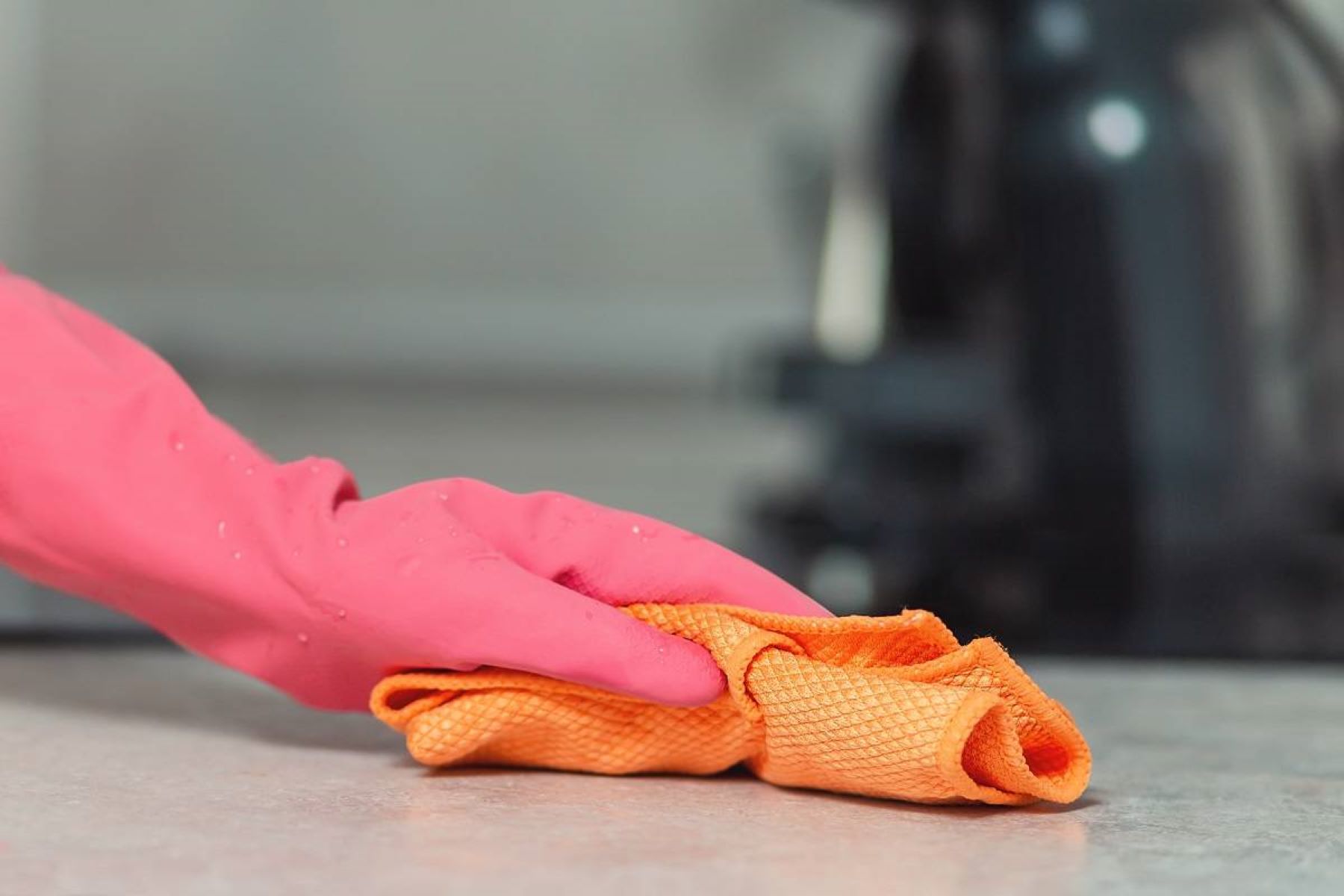
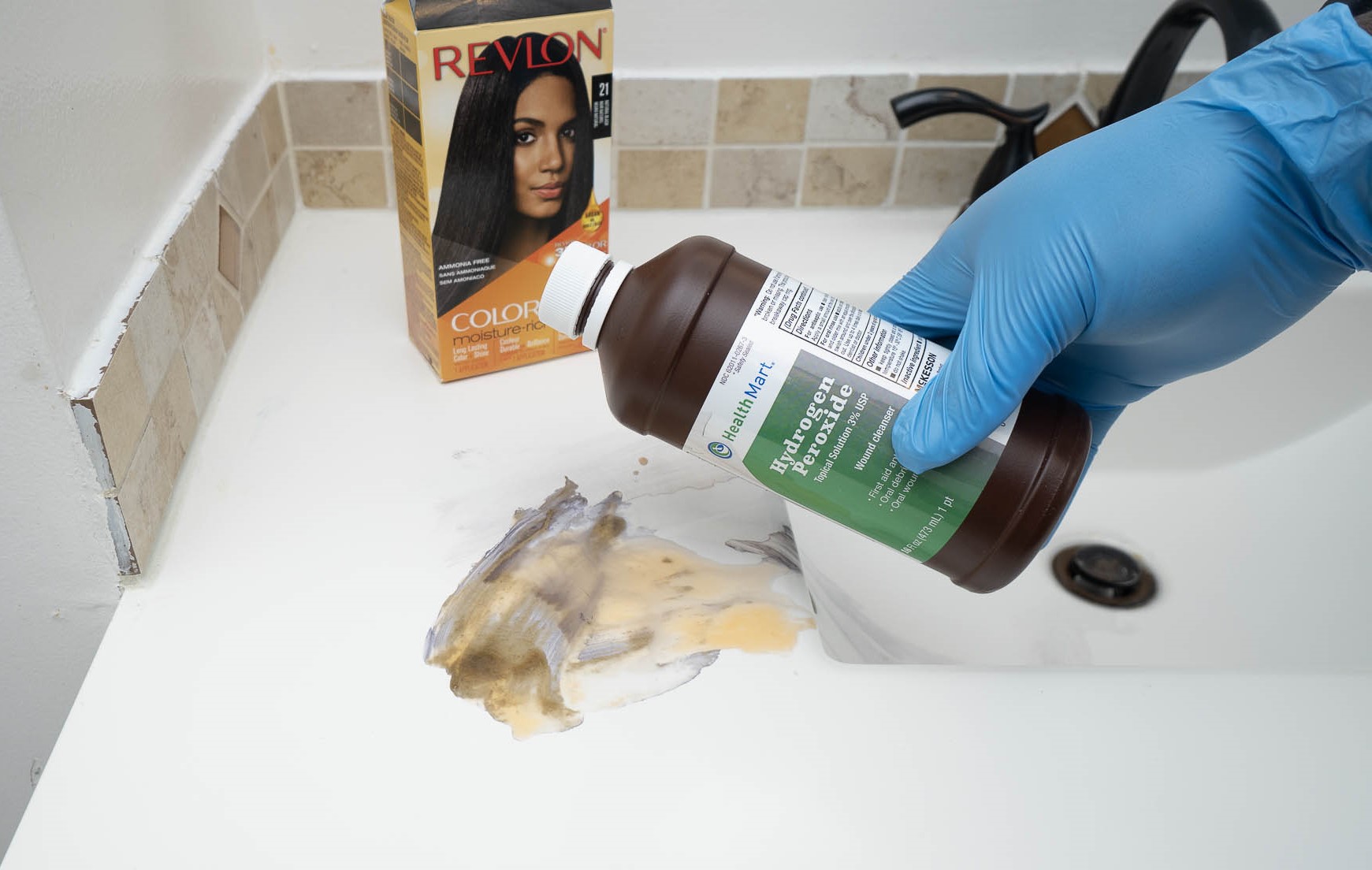
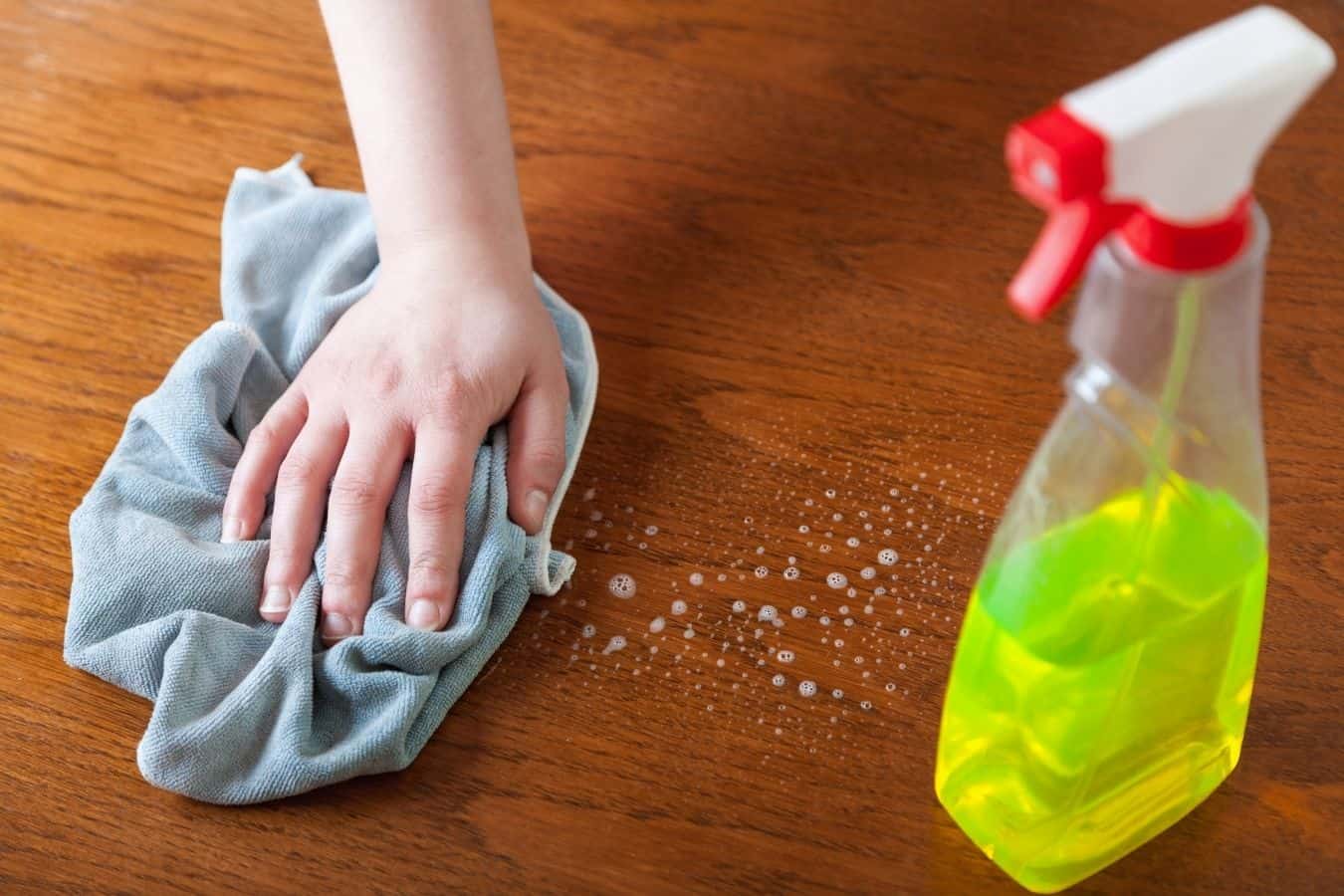
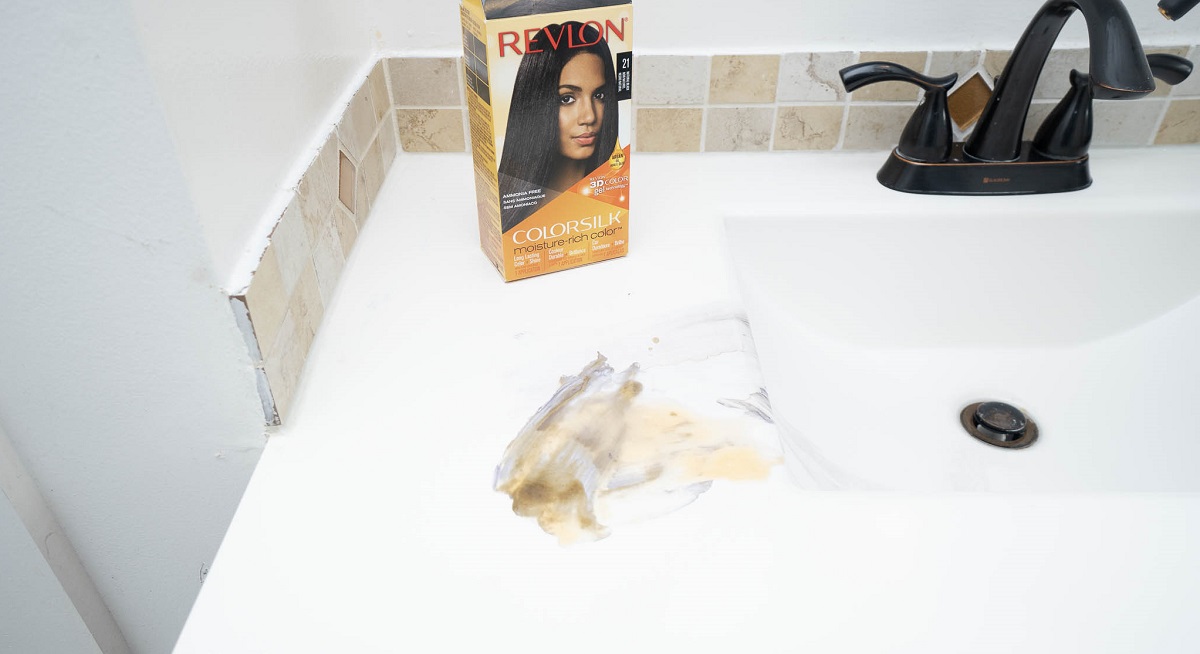
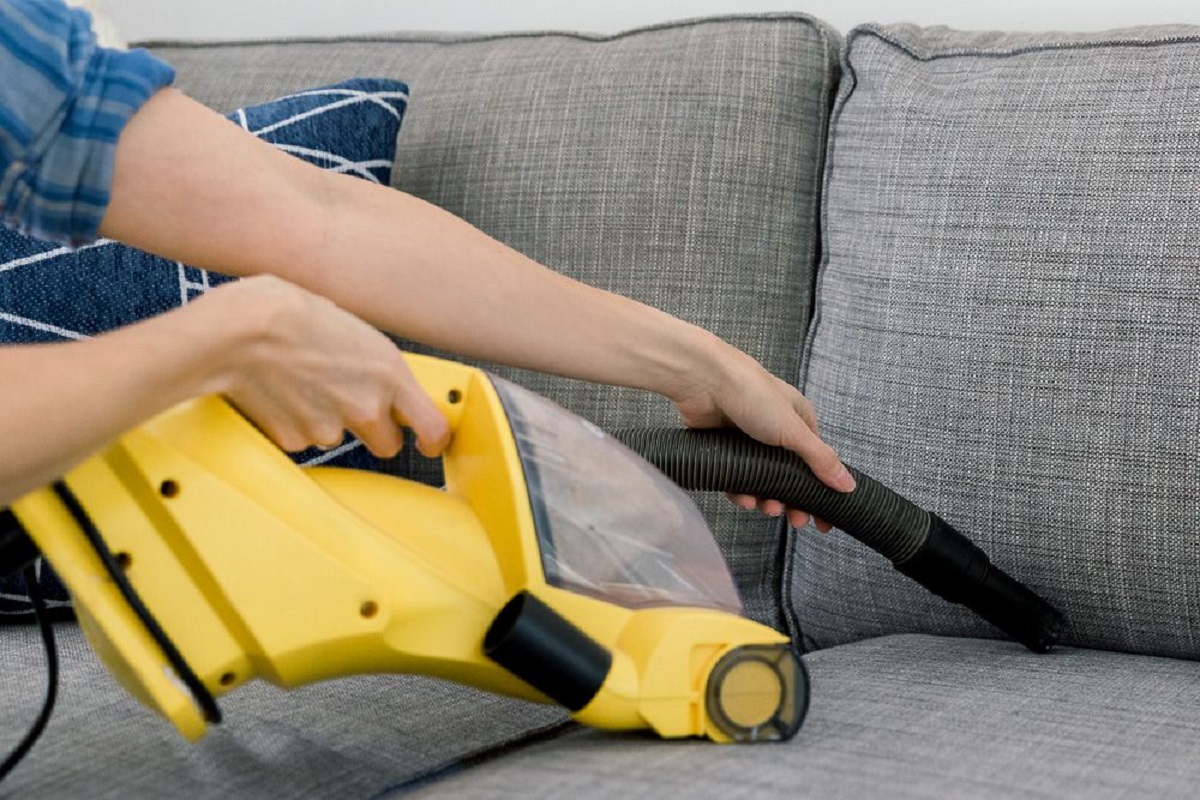
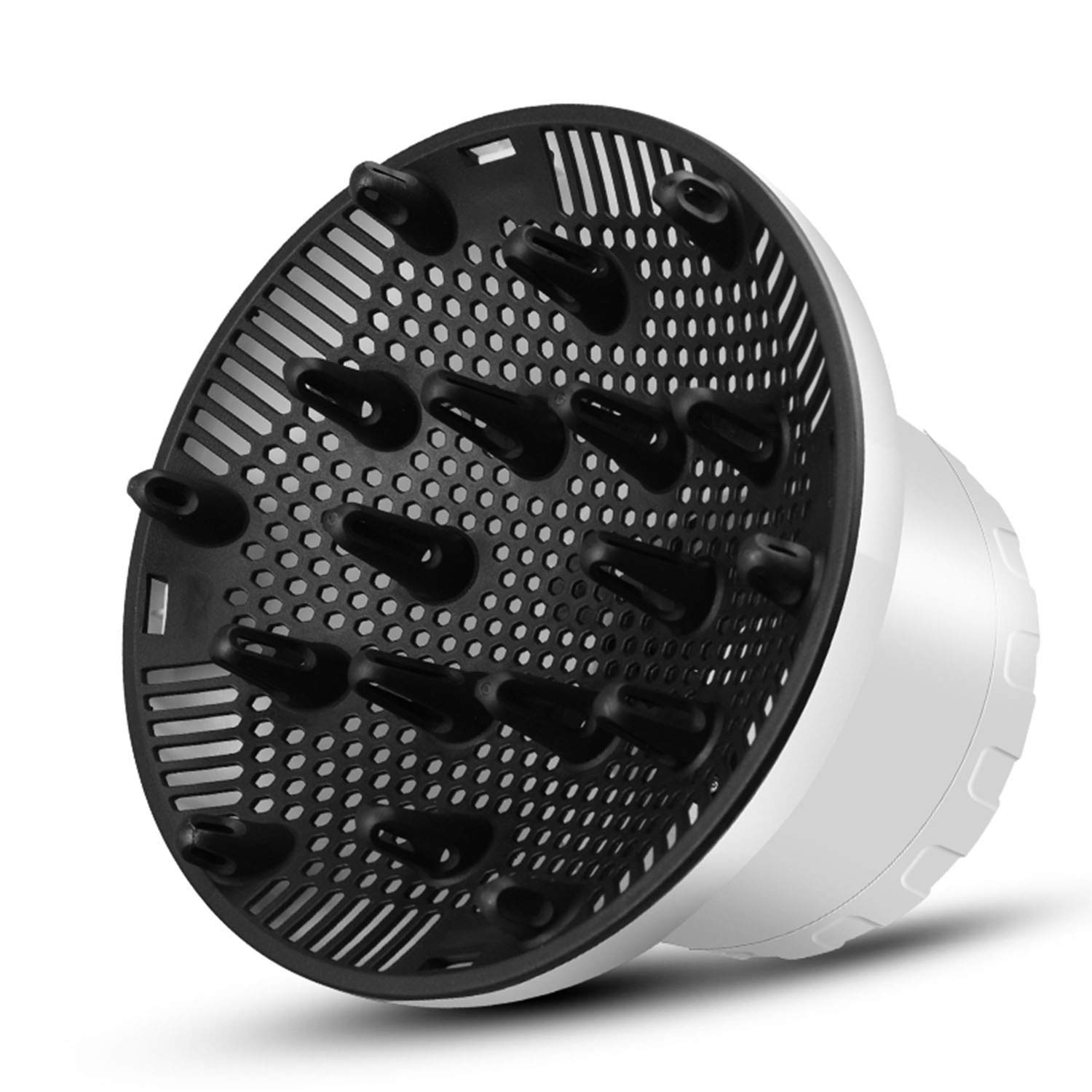
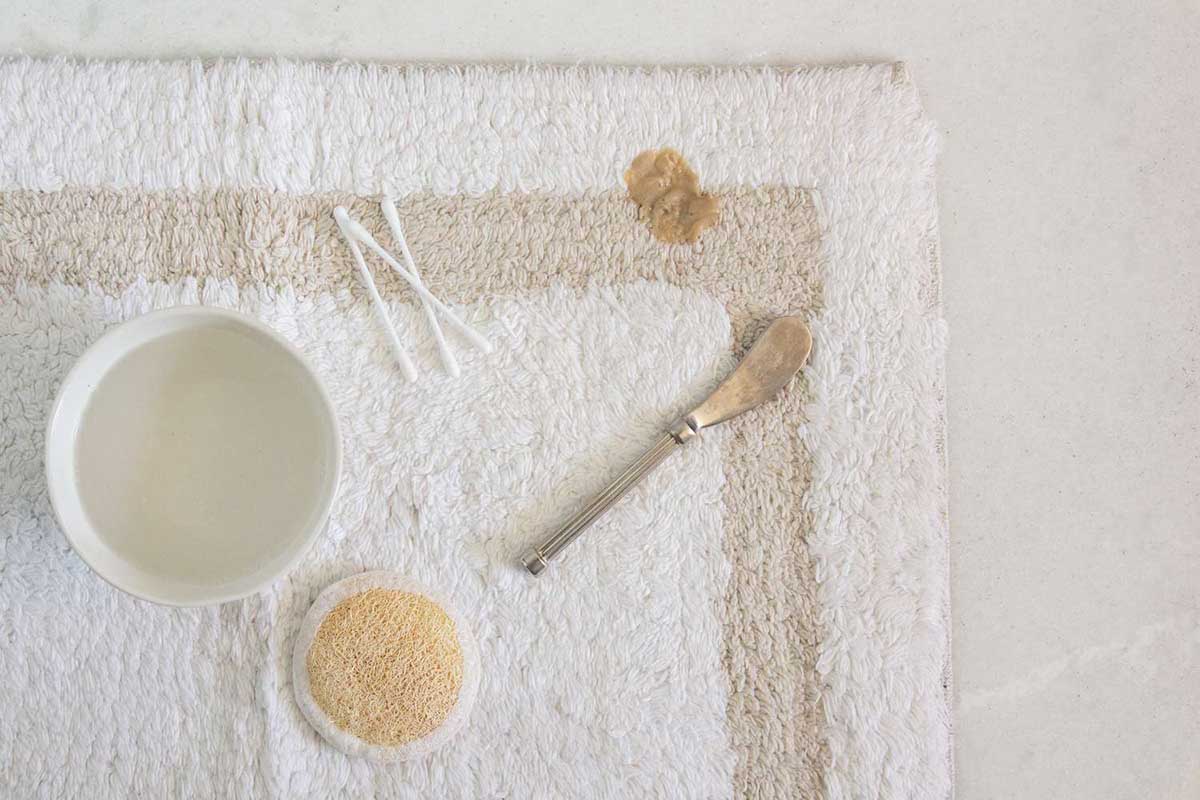
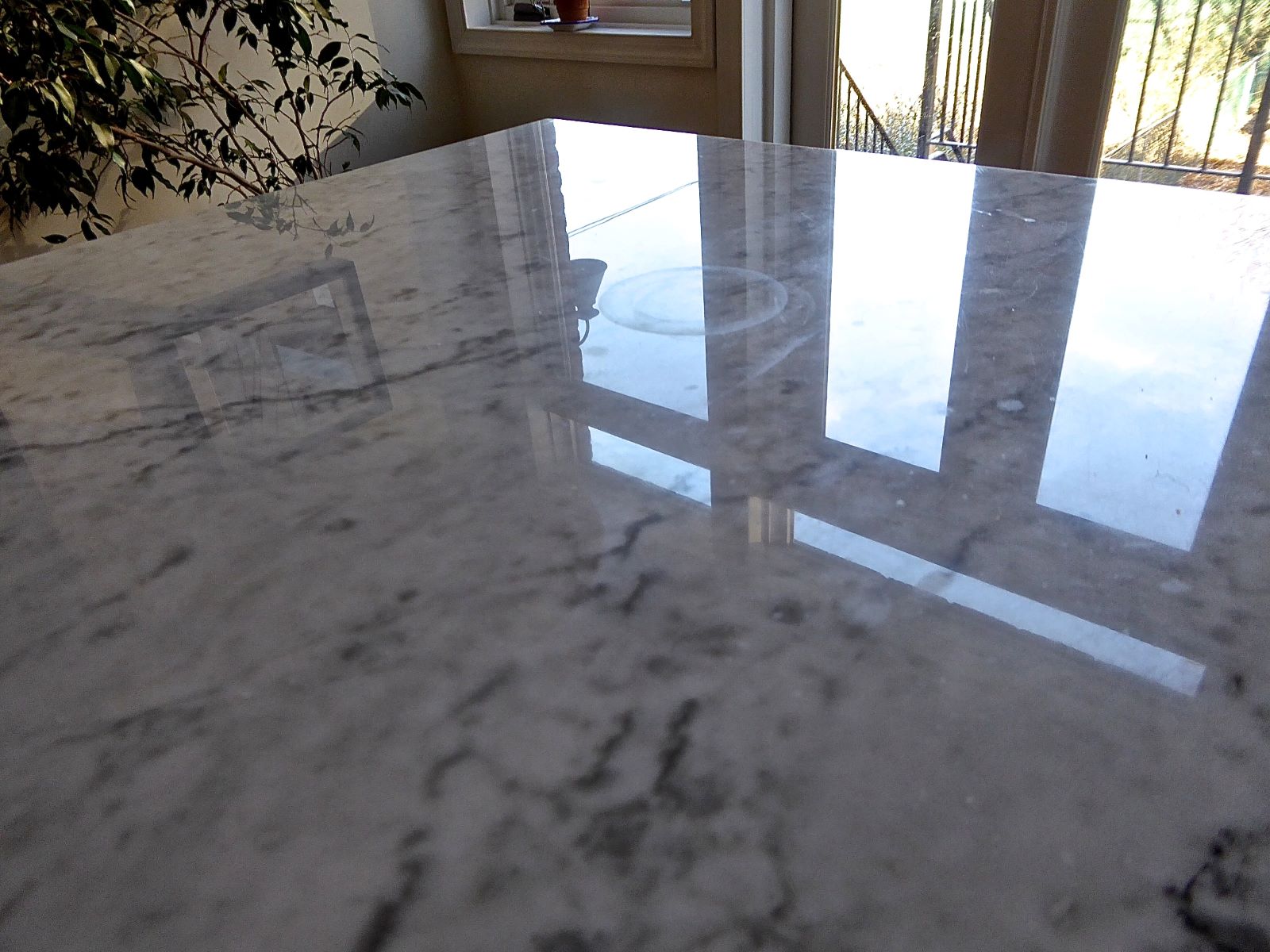

0 thoughts on “What Removes Hair Dye From Countertops”